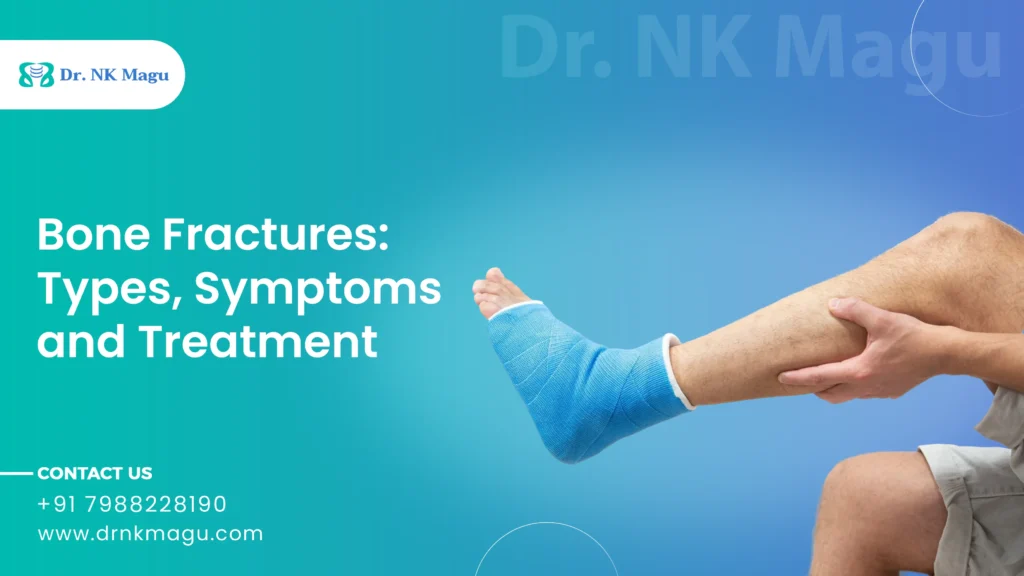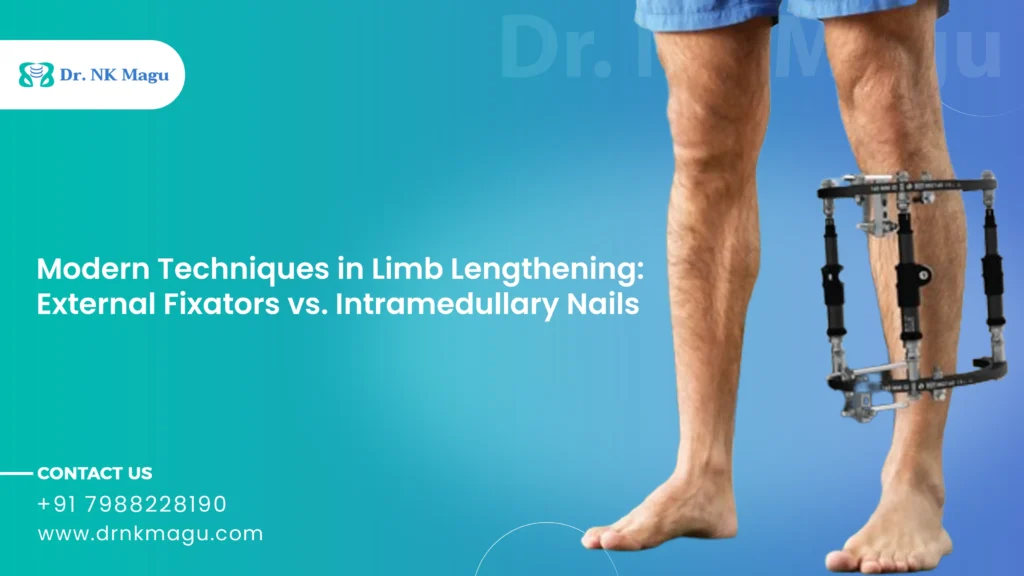Severe knee pain and limited mobility caused by arthritis, degenerative joint disease, or injury can impact quality of life. Seeking medical advice is crucial for accurate diagnosis and effective treatment, which may include physical therapy and medication.
When these conservative treatments no longer provide relief, total knee replacement becomes an effective option to reduce pain and improve mobility. In this procedure, the damaged or worn surfaces of the knee are replaced with an implant or prosthesis.
Total knee replacement is generally recommended for those who are suffering from severe osteoarthritis, rheumatoid arthritis, or traumatic joint damage that affects everyday activities.
Both minimally invasive total knee replacement and traditional knee replacement are performed to reduce chronic knee pain. Minimally invasive surgery, however, is performed using smaller incisions and less disruption to surrounding muscles and tissues, resulting in less pain, quicker healing, and smaller scars.
With comparable long-term outcomes and improved patient comfort, minimally invasive total knee replacement has now become a preferred option for many individuals.
It is also essential to understand that, unlike the traditional method, the minimally invasive technique is not suitable for everyone. Your orthopedic surgeon will assess everything and suggest the right surgery for you.
What is Minimally Invasive Total Knee Replacement?
Minimally invasive total knee replacement is an advanced surgical procedure that replaces a damaged or arthritic joint with an artificial implant. Unlike a traditional surgical procedure, which requires an 8-10 inch incision, a minimally invasive surgical procedure only requires a 3-6 inch incision with less cutting of the surrounding tissue. The patient will have less post-operative pain with a shorter recovery time.
The procedure is performed under general or spinal anesthesia, and the hospital stay is 2-3 days. Physical therapy is crucial for recovery to help increase the range of motion and restore strength.
Ideal Candidate for Minimally Invasive Total Knee Replacement
Not everyone can undergo a minimally invasive total knee replacement, as specific medical conditions and health criteria should be met:
- Age: Patients who are below the age of 60
- Body Type: People who are not obese, have a healthy weight, and have good muscle mass
- Overall Health: The patient should not have any significant underlying medical conditions that could complicate the surgery
- Bone Quality: The patient should have good bone quality and muscle tone
It is essential to consult with an orthopedic surgeon to determine if minimally invasive surgery is the right choice for you.
Diagnostic Tests
Several diagnostic tests are conducted before undergoing a minimally invasive total knee replacement:
- Physical Examination: Assessing the range of motion, stability, and any deformities in the knee
- X-rays: To evaluate the joint damage, bone structure, and alignment issues
- Blood Tests: To identify any issues in the blood, such as anemia, infection, or clotting disorders
- MRI: To get detailed images of ligaments, tendons, and cartilage surrounding the knee
- Electrocardiogram: To assess heart rhythm and function, especially in people with cardiac issues
- Chest X-ray: To evaluate heart and lung function
The aim is to assess the patient’s overall health and the condition of the knee to ensure the surgery is safe and effective.
How is Minimally Invasive Total Knee Replacement Performed?
The whole procedure may take 1-3 hours. Below, we have mentioned the essential steps of the procedure:
- After giving general or spinal anesthesia, the surgeon makes a 3 to 5-inch incision over the middle of the knee
- The surgeon will make the incision in a way to minimize damage to the surrounding muscles and tendons
- Specialized instruments are used to prepare the bone surfaces for the implants
- Metal implants are attached to the prepared bone surfaces
- A plastic spacer is inserted into the space between the metal implants for smooth gliding and weight bearing
- The incision is closed with sutures or staples
Recovery Time
Recovery after a minimally invasive total knee replacement generally involves a few weeks to a few months.
- Patients can walk and resume light activities within 1-2 weeks
- Within 3-6 weeks, the range of motion can be improved, and patients can resume driving
- In 3-6 months, strength, flexibility, and endurance can be improved, and patients may be able to return to more demanding activities
The complete recovery can take up to a year, and the patient needs to be extra careful during the recovery period to prevent any complications.
Benefits of Minimally Invasive Total Knee Replacement
There are several benefits of undergoing minimally invasive total knee replacement:
- Quick recovery
- Shorter hospitalization stay
- Smaller scar
- Less pain and swelling
- Quicker return to knee function
- Improved range of motion
- Less complications
Possible Complications
While minimally invasive total knee replacement offers several benefits but it also carries certain risks and complications:
- Blood clots
- Infection
- Implant misalignment
- Nerve or blood vessel injury
- Delayed wound healing
- Stiffness
- Persistent pain
While complications are possible, careful surgical planning and proper post-operative care can reduce the risks.
Also Read:- Knee Replacement Surgery Cost in India
Takeaway
Minimally invasive total knee replacement is a significant advancement in orthopedic surgery, offering less damage to soft tissue and leading to a quicker and less painful recovery. While it may not be suitable for every patient, those who qualify to undergo this procedure can expect a more comfortable surgical experience.
It is vital to consult a well-trained and highly experienced orthopedic surgeon to find out if this advanced and patient-friendly procedure is suitable for you.













